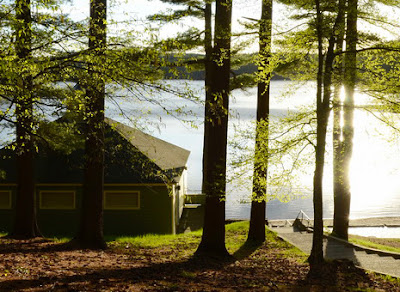July 12 will bring the 200th anniversary of the birth of Henry David Thoreau, a seminal figure, to say the least, in American letters and thinking. The School of Practical Philosophy will mark this bicentenary with a morning of reading and study next month. From the publicity:
Thoreau Bicentennial Celebration
Study Day
Sunday, May 21
8:30 a.m. to 1 p.m.
School of Practical Philosophy
12 East 79th Street, Manhattan
Henry David Thoreau’s life embodies the Transcendental vision of self-reliance and a love of freedom. His great experiment at Walden Pond was focused on living simply and deliberately. His example teaches us to crave reality by embracing the present and to follow the voice of conscience. From Walden:
“I went to the woods because I wished to live deliberately, to front only the essential facts of life, and see if I could not learn what it had to teach, and not, when I came to die, discover that I had not lived… I wanted to live deep and suck out all the marrow of life.”
Come and join us in celebrating this great American philosopher whose influence powerfully shaped the 20th century through the work of Mahatma Gandhi and Dr. Martin Luther King, Jr. Discover how relevant his ideals are today.
We will explore selected passages from his master work Walden, and sections from “Civil Disobedience.” All are welcome. No prior study of Thoreau is required.
8:30 a.m. - Sign in/coffee available
9 a.m. - Brief History and Introduction, followed by two study sessions in small groups
Fee: $30 (includes a light brunch and printed material)
To register, click here. Special Events tend to sell out quickly, so it is suggested that you register well in advance to secure a seat.









































































